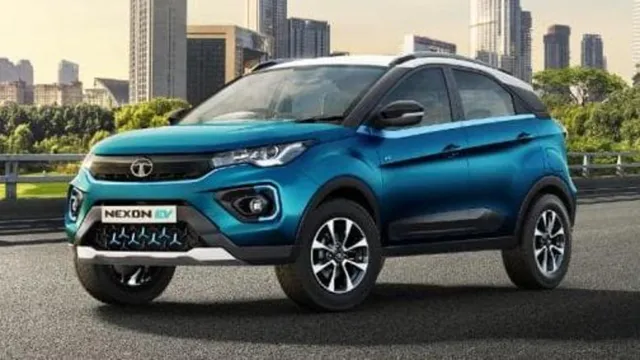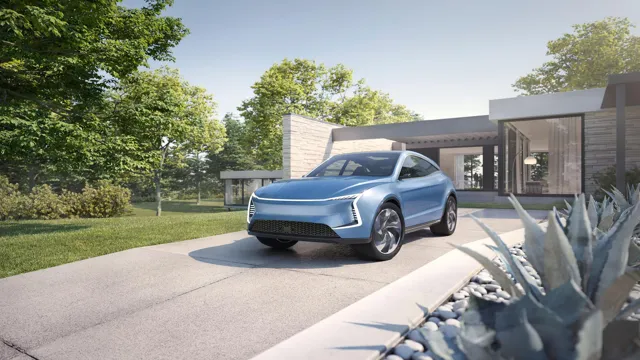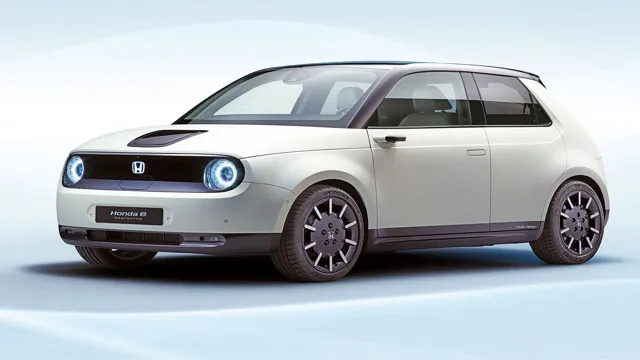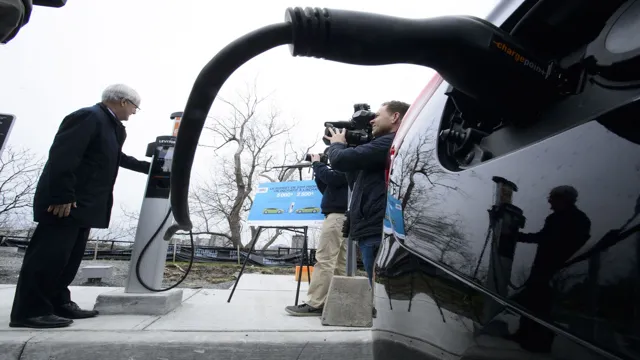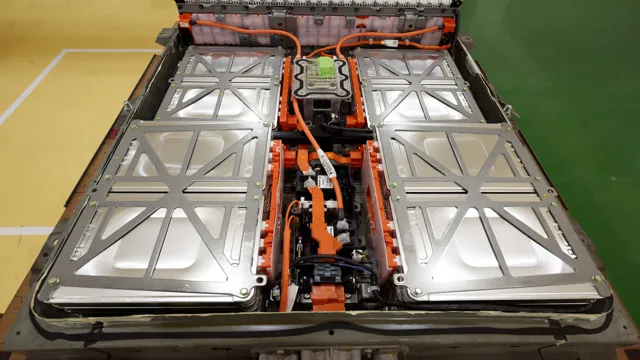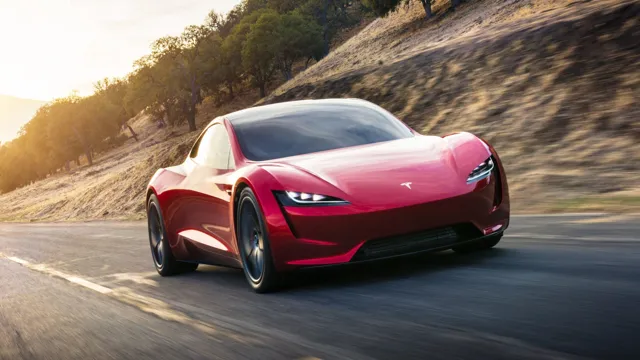Revving Up: Exploring the Latest News and Trends in Electric Cars in India
Electric cars are rapidly gaining popularity in India, and for good reason. With rising concerns about the environment and the price of gasoline, many people are turning to electric vehicles as a cleaner and more cost-effective option. In recent years, there has been a surge of interest in electric cars in India, which has led to an increase in production and sales.
As a result, there is always some exciting news to report on when it comes to the latest developments in the Indian electric car industry. In this blog, we’ll be covering all the latest news and updates on electric cars in India, including new models, government incentives, and advancements in technology. Whether you’re already an electric car owner or just curious about this exciting new trend, you won’t want to miss a single update.
So, let’s dive in and explore the latest developments in the world of electric cars in India.
Government Initiatives
If you’re curious about the latest news about electric cars in India, then you’re in luck because the Indian government has been taking initiatives to promote the adoption of electric vehicles (EVs) in the country. One of the most significant efforts is the Faster Adoption and Manufacturing of (Hybrid &) Electric Vehicles in India (FAME India) scheme. The government recently revised the scheme by extending the validity for two more years and increasing the rollout of EV charging infrastructure under the program.
Additionally, the government announced that it would set up charging kiosks at every petrol pump, providing adequate infrastructure for EV users across the country. To further incentivize EV adoption, the government has also introduced tax exemptions and reduced state-level registration fees for EVs. These initiatives aim to drive consumer confidence in EVs, making them a more affordable and convenient option.
As more people begin to use electric cars, they will contribute to reducing pollution levels in the cities, benefiting the environment and improving the quality of life in the country. With the government’s support and continued efforts to promote cleaner modes of transportation, we can expect to see a significant increase in the adoption of electric cars in India in the coming years.
Updates on FAME II Scheme
The FAME II scheme, introduced by the Indian government, is aimed at promoting electric vehicles and reducing carbon emissions. There have been some recent updates and initiatives in this field. One of the changes is that electric three-wheelers are now eligible for incentives under the scheme.
The government has also increased subsidies for electric two-wheelers, making them more accessible to the public. Additionally, charging stations for electric vehicles are being installed throughout the country to support the transition to electric mobility. These efforts are essential to combat climate change and improve air quality, and they also have the benefit of reducing dependence on imported fossil fuels.
As we continue to embrace electric mobility, we can look forward to a cleaner and more sustainable future.
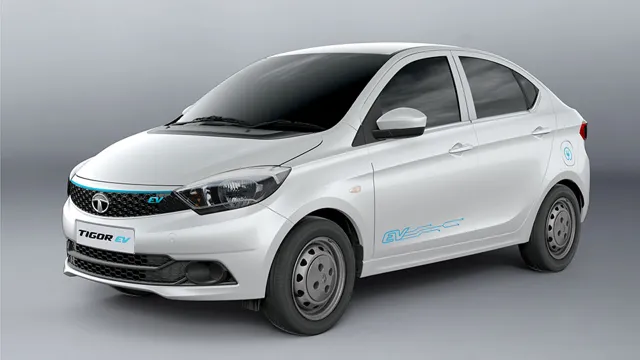
State-wise Policies and Incentives
When it comes to promoting sustainable energy practices, the Indian government has implemented numerous policies and incentives at the state level to encourage adoption. Some states are offering special subsidies for rooftop solar panels, while others provide low-interest loans for renewable energy projects. Additionally, a number of states now require their utilities to purchase a certain percentage of their energy from renewable sources, such as wind or solar, while others are investing in large-scale solar parks to boost their clean energy portfolios.
These initiatives are designed to not only mitigate climate change but also provide opportunities for individuals and businesses to adopt eco-friendly energy practices. By promoting widespread adoption of renewable energy technologies, India is well on its way to meeting its clean energy targets and providing a more sustainable future for its citizens.
Industry News
If you’re curious about the latest news regarding electric cars in India, you’ll be happy to hear that the future is looking bright. The Indian government has set a goal of achieving 30% electric vehicle adoption rate by 2030, and this has inspired automakers to invest more in electric cars. Recently, Tata Motors announced that it will be launching two electric cars, the Altroz EV and the Nexon EV, in the coming year.
These cars are expected to be affordable and have a range of up to 300 km. In addition to Tata Motors, Mahindra & Mahindra is also planning on launching electric versions of its SUVs, while Hyundai is expected to launch an electric version of its Kona SUV. With the increasing interest and investment in electric cars, it seems likely that we will see more and more of them on the roads of India in the coming years.
So if you’re in the market for a new car, you might want to consider going electric!
Launches and Upcoming Models
The automotive industry is widely known for its constant growth and innovation. Every day, new launches and upcoming models are released to entice potential buyers. Recently, the industry has seen a surge in demand for electric vehicles with major players introducing new models.
Tesla, for example, has launched the Model Y, a compact SUV, which is expected to be really popular due to its sleek design and long-range capability. Ford has also announced the release of its first all-electric Ford Mustang Mach-E, which has already received rave reviews. We can expect to see more electric vehicles in the upcoming years as automakers invest more in this segment.
The beauty of these new models is that they provide eco-friendly options while still delivering exceptional performance.
Partnerships and Collaborations
Partnerships and collaborations are becoming increasingly common in various industries, especially in the world of technology. Companies are now teaming up to offer better services and products to their customers. One recent example is the partnership between Apple and Goldman Sachs to launch a credit card.
The card, which is called the Apple Card, offers a range of benefits including cashback rewards and no fees. Collaborating with Goldman Sachs allows Apple to expand its offerings and reach a wider audience. This is just one example of how partnerships can benefit companies and consumers alike.
By combining their strengths and resources, companies can create innovative solutions that would not have been possible on their own. The key to successful partnerships is finding the right fit and working together to achieve common goals. As more companies realize the benefits of collaboration, we can expect to see more partnerships in the future.
Investments and Funding
In the fast-paced world of investments and funding, it’s important to stay up-to-date on industry news. One recent headline that’s causing a buzz is the news that a prominent venture capital firm has raised $6 billion in funds for a new investment fund.
This is a strong indication that investors are optimistic about the future of the economy and are eager to jump on board with promising startups and innovative technologies. The burst of funding in this industry highlights the importance of keeping an eye on emerging trends and staying connected with the broader investment community. As a startup founder or entrepreneur, it’s crucial to stay updated on these developments to position yourself for success and identify potential areas for growth in your own business.
So, what’s the key takeaway from this news? The investments and funding landscape is constantly evolving, and staying informed is essential for anyone looking to make smart investment decisions and drive long-term growth.
Charging Infrastructure
The latest news about electric cars in India is that the charging infrastructure is still a work in progress. While there are some charging stations available in major cities, the country still lacks a robust network of charging stations to support the growing number of electric vehicles (EVs) on the roads. This is undoubtedly one of the major challenges that India needs to overcome to truly embrace EVs.
Despite the progress made in recent years, there is still a long way to go, and the lack of charging infrastructure remains a major barrier to more widespread adoption of EVs. As more automakers launch new EV models in India and more customers consider making the switch, the government and private sector must work together to build the necessary infrastructure to support this transition. Only then can we truly realize the full potential of electric cars in India.
Expansion Plans and Developments
As electric vehicles become increasingly popular, the demand for charging infrastructure has risen dramatically. To meet this demand, many companies are now expanding their charging networks, installing new stations in strategic locations, and exploring innovative ways to make charging faster and more convenient. One such company is Tesla, which currently operates a vast network of Superchargers across North America, Europe, and Asia.
However, Tesla is not content to rest on its laurels, and has recently announced plans to expand its charging network even further. The company aims to install thousands of additional Supercharger stalls, as well as adding new urban chargers in densely populated areas. This will make it easier than ever for Tesla drivers to top up their batteries, and help to incentivize even more people to make the switch to electric vehicles.
Innovative Solutions and Technologies
Charging infrastructure is a crucial component of the electric vehicle industry. Without a reliable and efficient charging network, the transition to electric mobility will not be possible. Companies are continuously working to develop innovative solutions and technologies that will make charging electric vehicles more accessible and convenient.
One such solution is the use of wireless charging. Instead of plugging in your car, wireless charging uses magnetic induction to transfer energy wirelessly between a charging pad and the vehicle. This technology could simplify the charging process and make it more convenient for EV owners.
Additionally, companies are also exploring the use of solar panels to power charging stations, reducing the reliance on the grid and decreasing the environmental footprint of charging infrastructure. As the electric vehicle market continues to grow, innovative solutions and technologies like these will be crucial in ensuring the success and sustainability of the industry.
Conclusion and Future Outlook
Electric cars are finally hitting the roads in India, and the future is looking bright for eco-conscious drivers. With increasing investments and government support, it’s clear that the era of petrol-fueled vehicles is coming to an end. So, if you’re ready to make the switch and do your part for the planet, join the electric revolution today and enjoy the ride of the future!”
FAQs
What are some of the latest electric cars launched in India?
Some of the latest electric cars launched in India are the Tata Nexon EV, MG ZS EV, Hyundai Kona Electric, and Audi e-tron.
How is the Indian government promoting the use of electric cars?
The Indian government has formulated the Faster Adoption and Manufacturing of (Hybrid &) Electric Vehicles (FAME) scheme to promote the use of electric cars. Under this scheme, incentives are provided to electric car buyers, and charging infrastructure is being developed in various cities.
What is the current market share of electric cars in India?
The market share of electric cars in India is currently around 1% of total car sales.
What challenges do electric car manufacturers face in India?
Electric car manufacturers in India face several challenges such as high upfront costs, lack of charging infrastructure, and limited battery technology. They also face competition from cheaper petrol and diesel cars.

